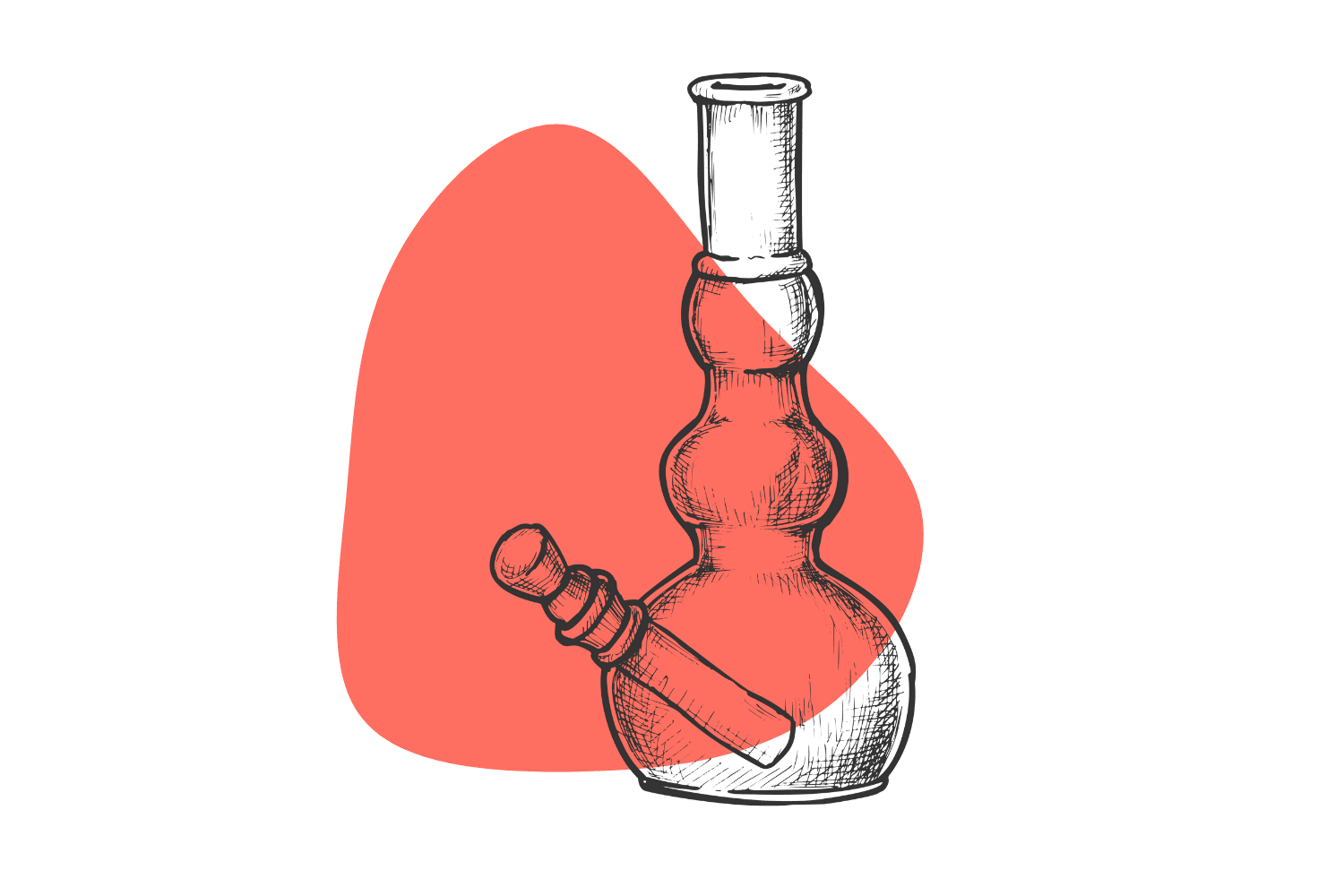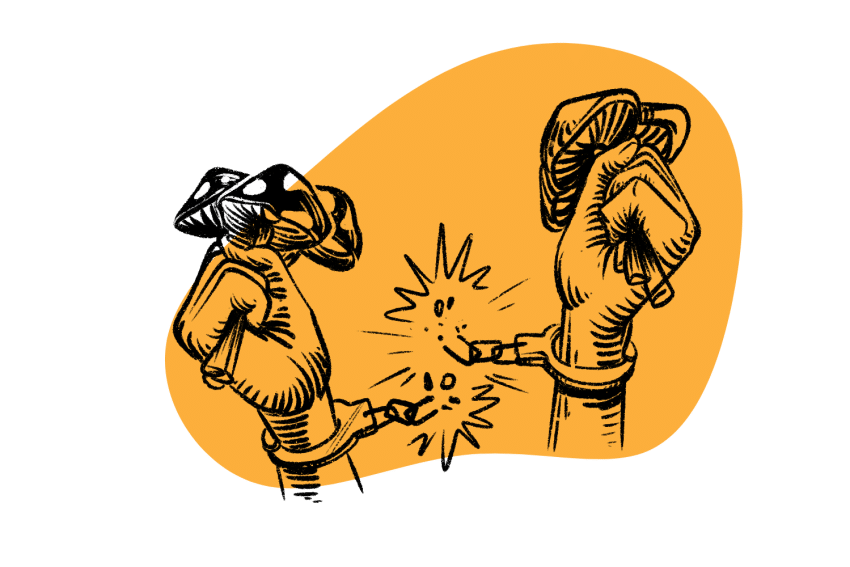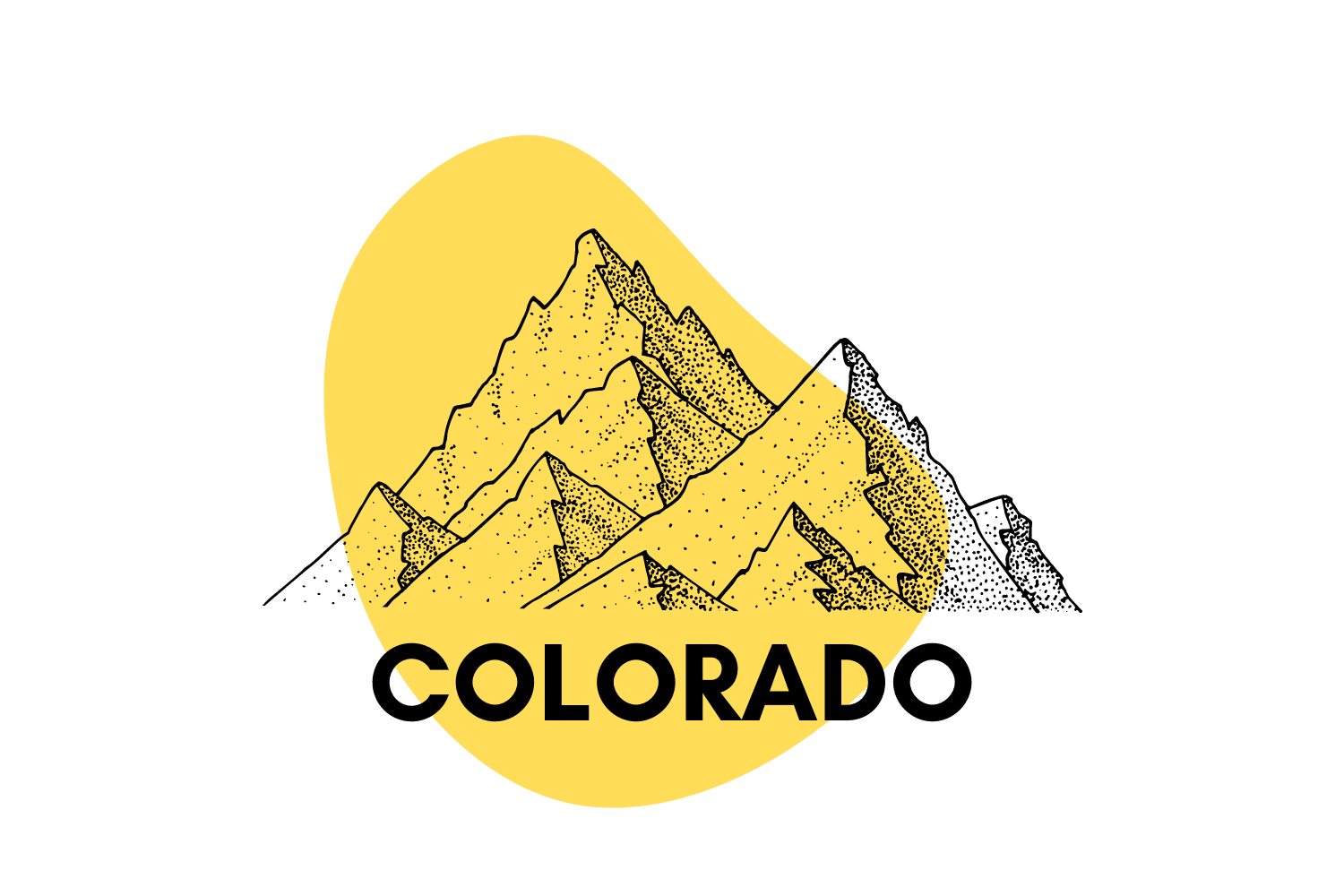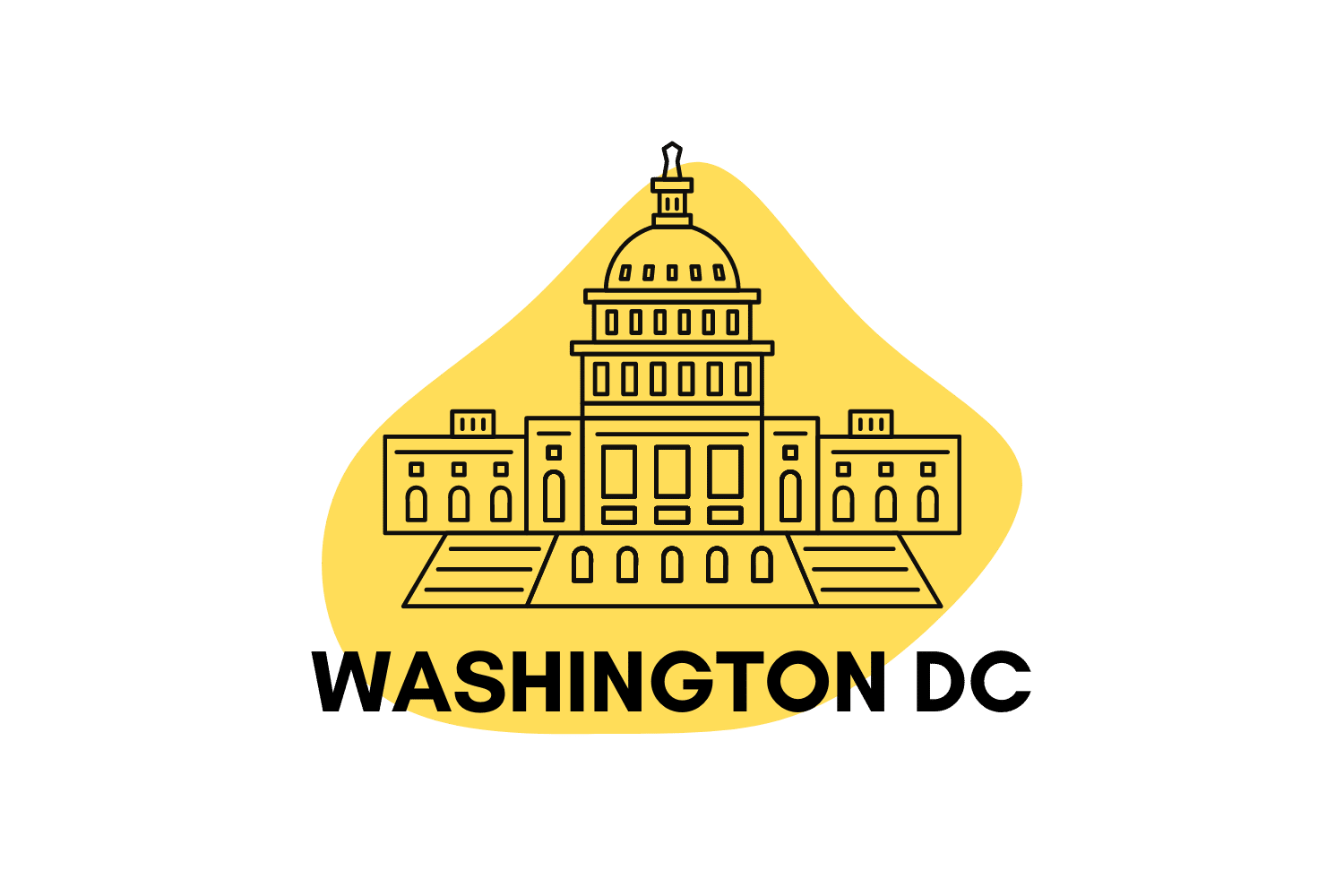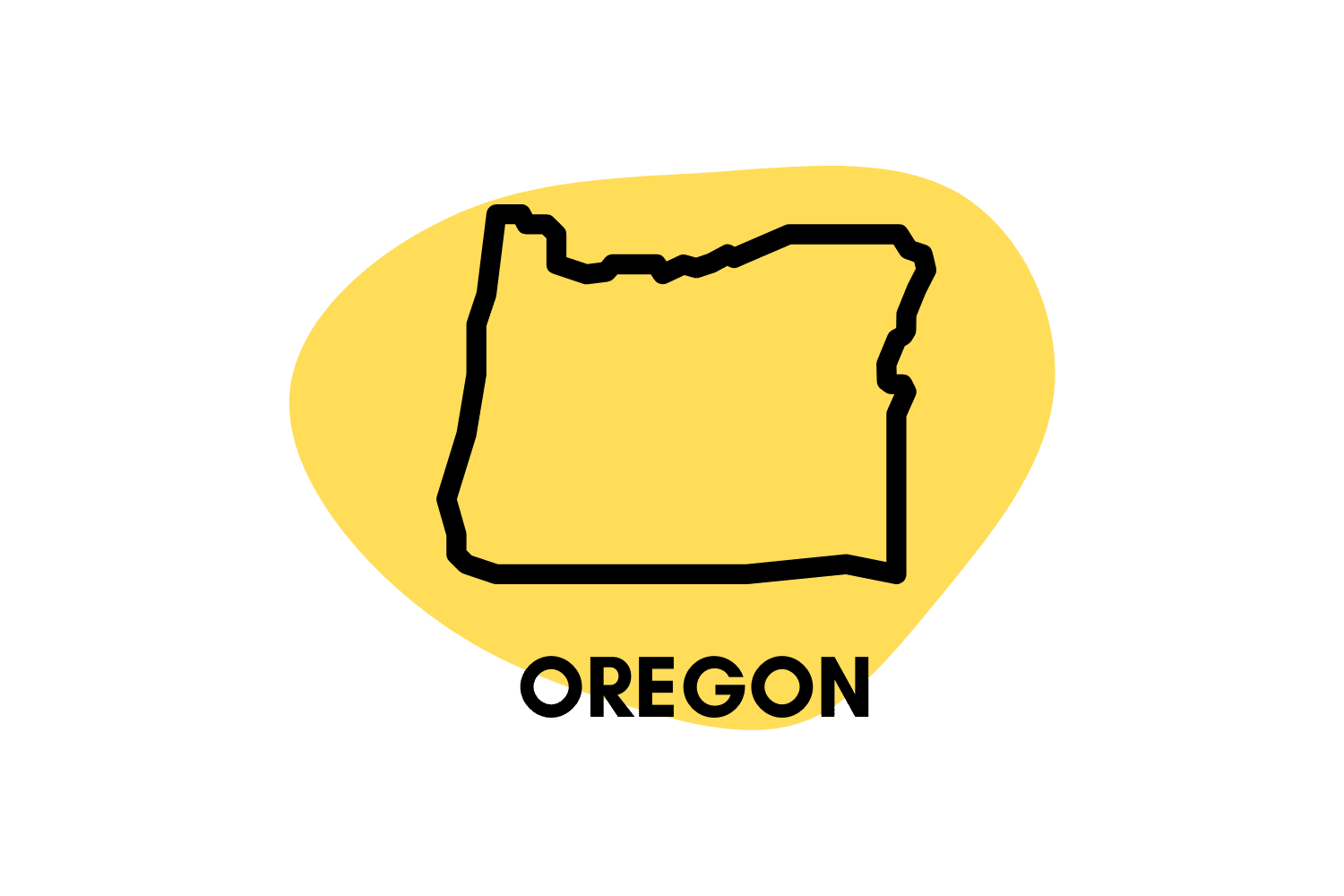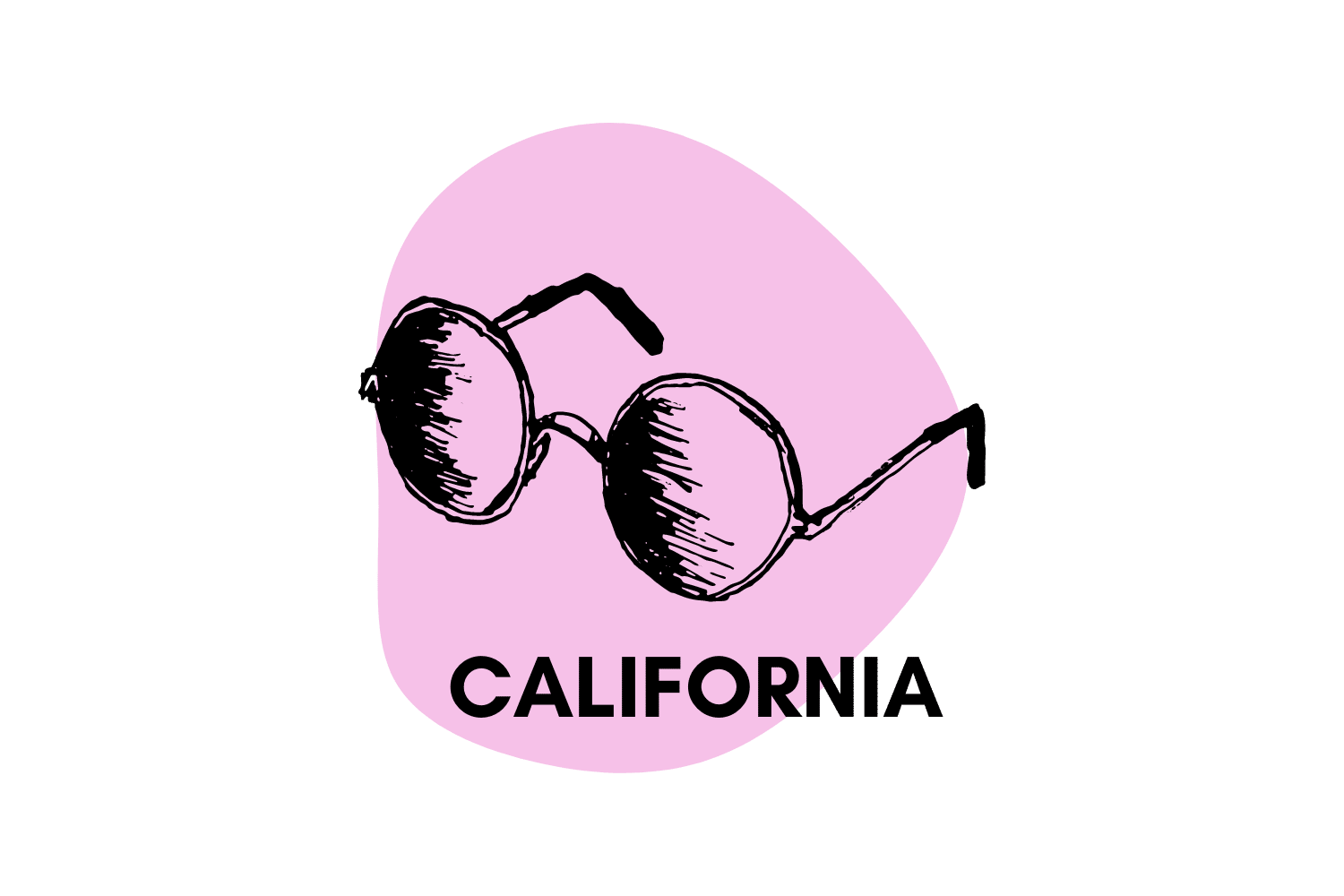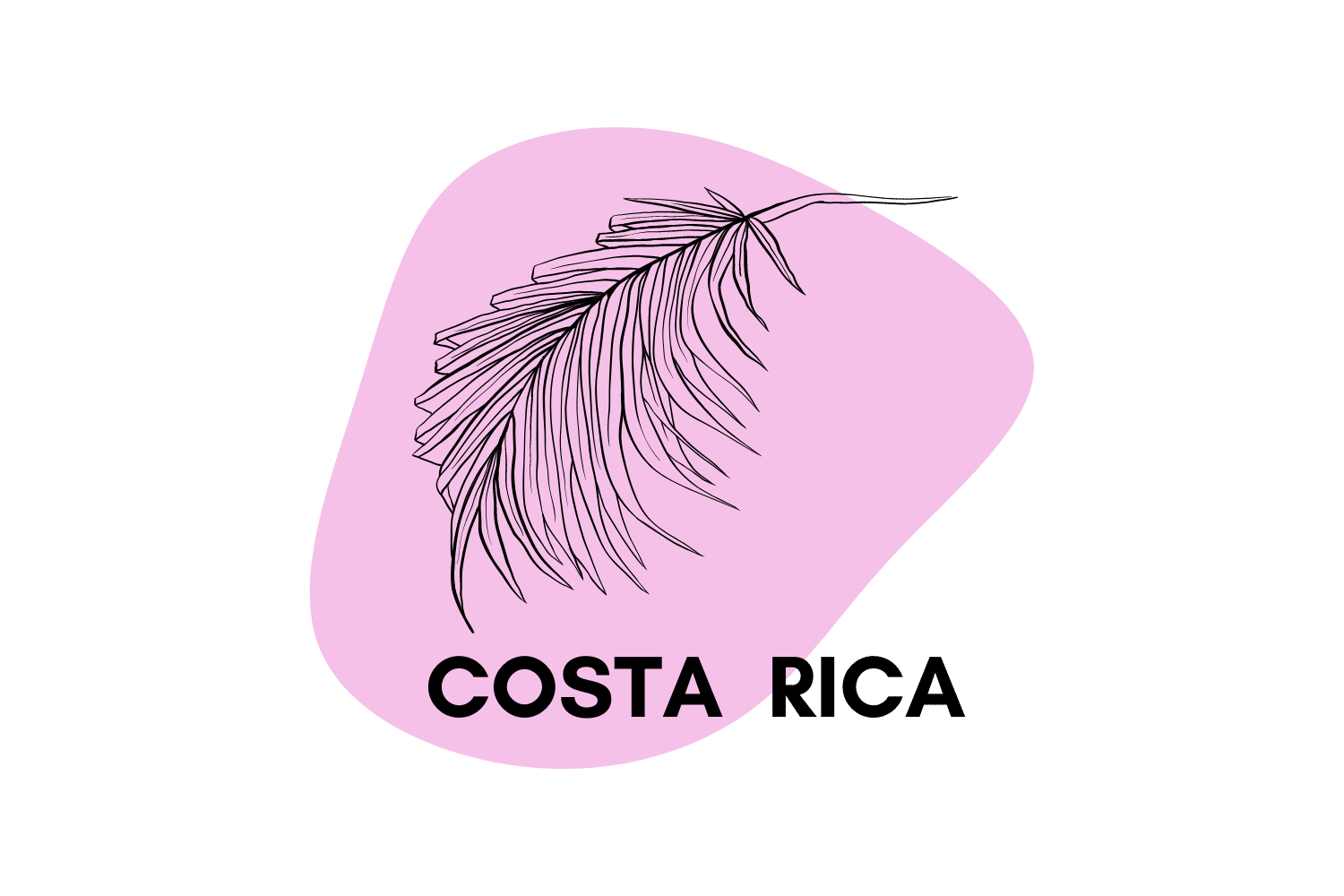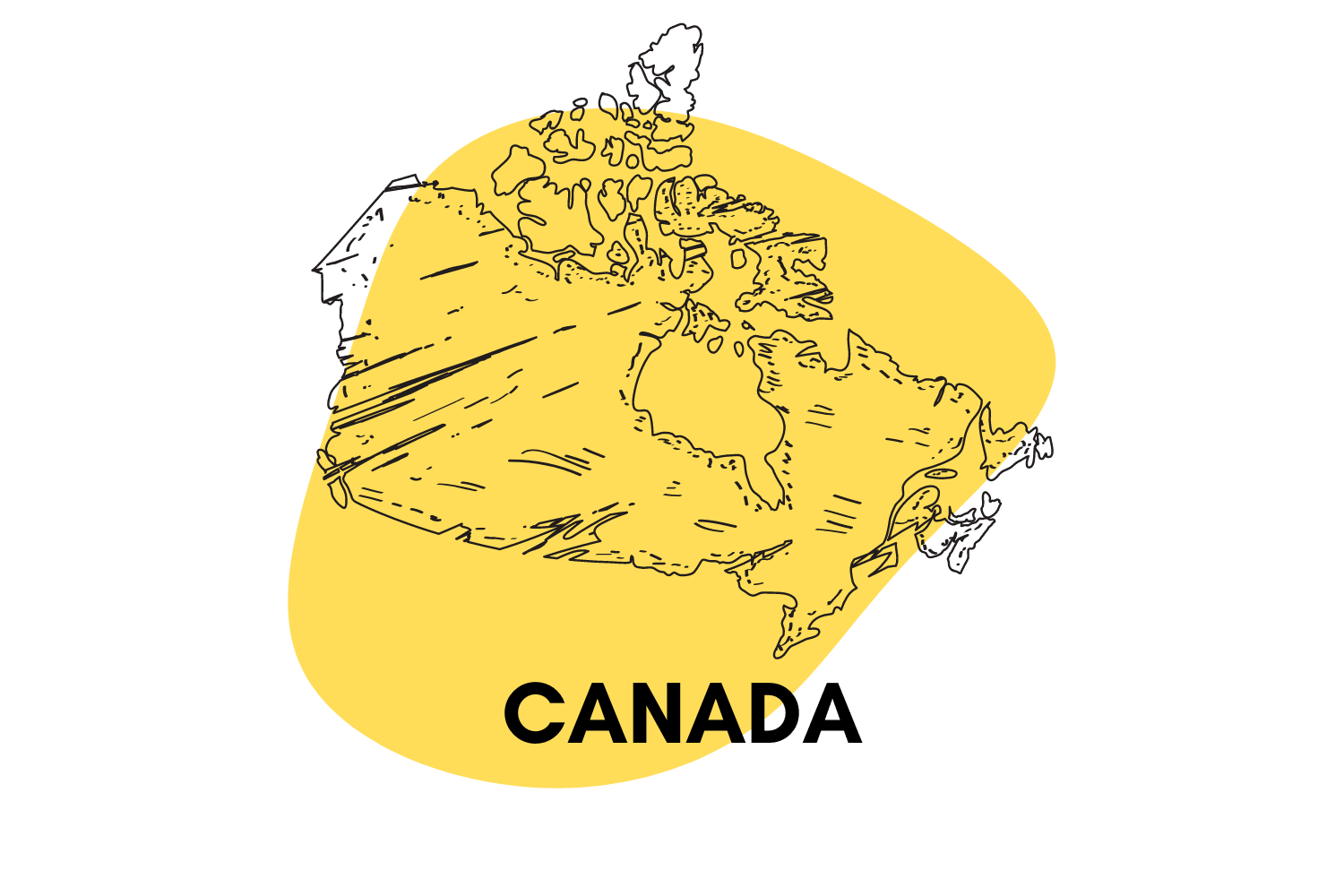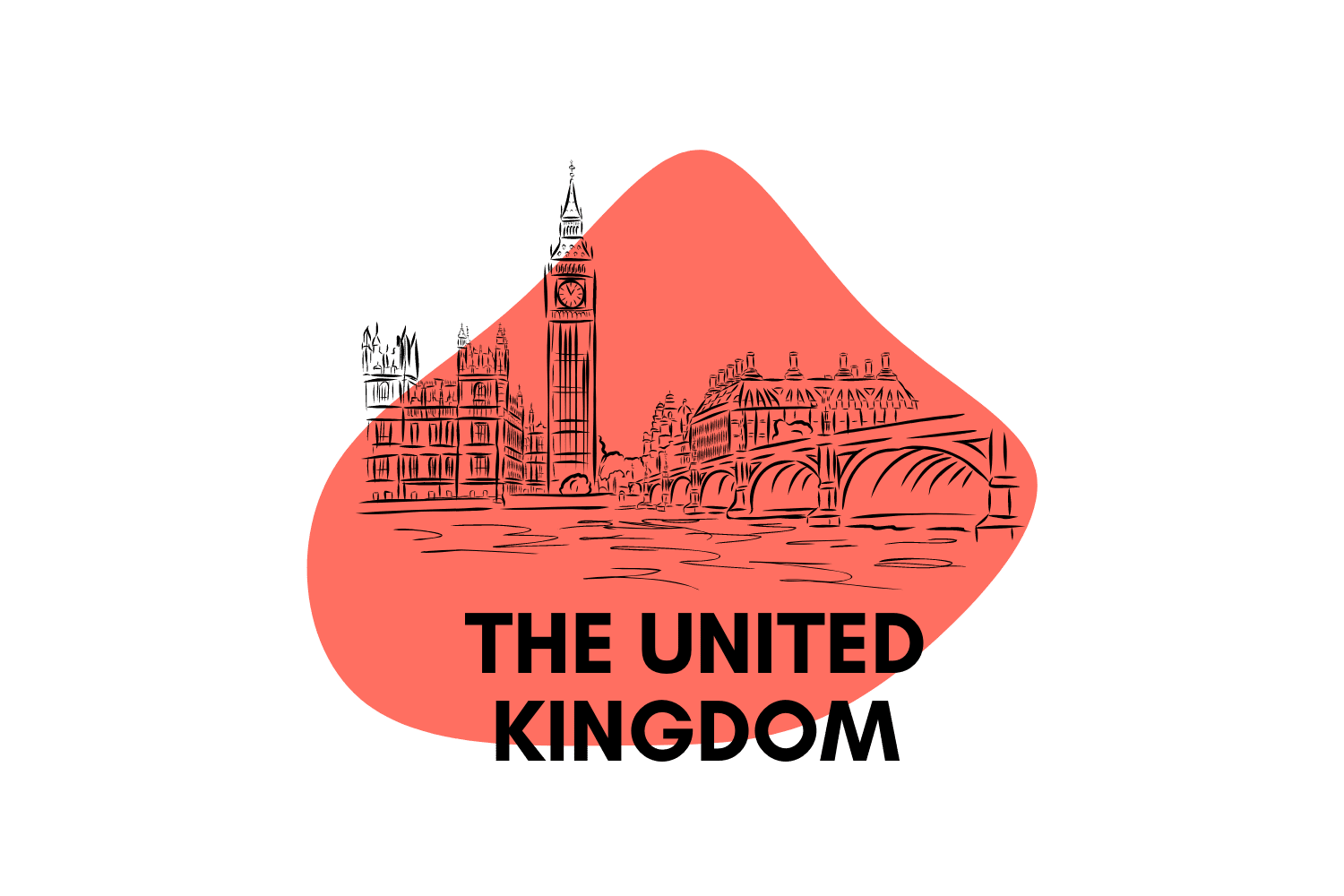Uruguay’s Psychedelic Drug Laws: A Comprehensive Guide with the Latest Updates
Despite their forward thinking on marijuana, Uruguay has harsh laws concerning most psychedelics. We’ll break them down in detail here:
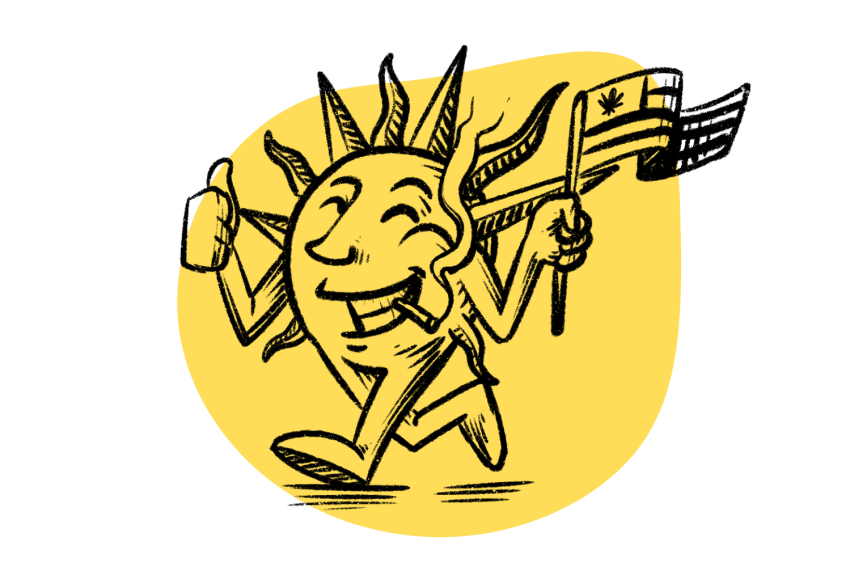
Magic mushrooms are one of the most famous psychedelic drugs in the world. Despite promising research, many people still don’t know these fungi also have therapeutic potential.
Unfortunately, regardless of the reason for using them, psychedelics are illegal in most countries, and Uruguay is no exception.
This article will focus on the legality of magic mushrooms and other psychedelics in this country. We’ll also tell you where you may find mushrooms naturally if you’re around at the right time of the year.
Summary of Psychedelic Drug Laws in Uruguay
- Psychedelics are illegal in Uruguay though it’s not as strict as some other countries in South America.
- Depending on the amount in your possession, you may face 12 months to 18 years in prison.
- Magic mushroom spores are legal and readily available on the internet.
- Uruguay was one of the first countries to legalize marijuana, and it’s legal recreationally as well as medicinally.
Are Magic Mushrooms Legal in Uruguay?
No, magic mushrooms are illegal in Uruguay. Even though Uruguay decriminalized personal consumption, you can get in trouble if the police catch you with suspicious amounts.
As in many countries, the list of controlled substances in Uruguay is based on the 1961 New York Convention and the 1971 Vienna Convention.
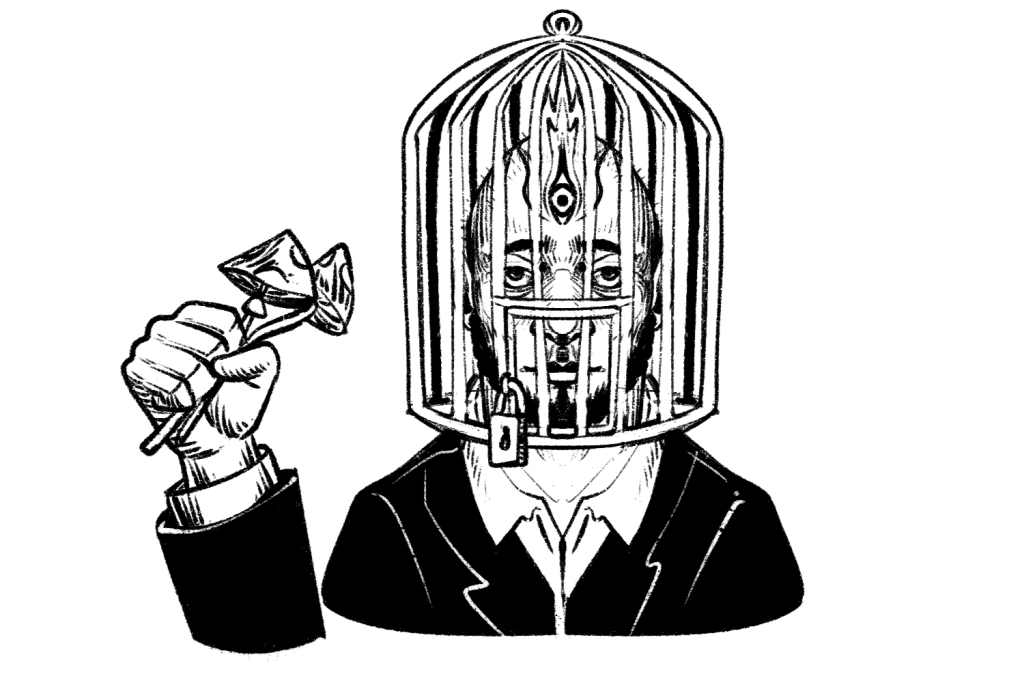
According to law 14.294, the crimes of minors related to illicit substances range from 12 to 20 months imprisonment, while those of adults range from 4 to 18 years.
Uruguay is famous for being one of the most open countries regarding drug use, so we believe they will likely reconsider their stance toward magic mushrooms soon.
Where to Buy Magic Mushroom Spores in Uruguay
Although cultivating magic mushrooms is illegal in Uruguay, the law omits magic mushroom spores, which don’t technically contain psilocybin. For this reason, you likely won’t get in trouble for possessing or even selling spores — although the ambiguity of their legality means you should tread cautiously.
On sites like Facebook or Instagram, you can find several pages selling fungi growing kits, including spores. Many vendors even offer cultivation guides to help you avoid making mistakes in the process.
However, we recommend you avoid growing magic mushrooms, as once they start producing psilocybin, they become illegal.
Do Magic Mushrooms Grow Wild in Uruguay?
Yes, you can find magic mushrooms growing wild in Uruguay. In Uruguay, you can find at least three species of psilocybin-containing mushrooms. However, collecting this type of fungi is dangerous, as identification is not always straightforward, and some species are dangerous.
Panaeolus cinctulus
Panaeolus cinctulus is one of the most common species worldwide, so you will have no problem finding it. It grows in compost heaps, lawns, well-fertilized gardens, and horse manure.
Psilocybe uruguayensis
As its name indicates, Psilocybe uruguayensis is an autochthonous — or indigenous — species of Uruguay. However, there are also reports of sightings in neighboring countries.
This species grows mainly in autumn near concentrations of cattle and slaughterhouses.
Psilocybe cubensis
Psilocybe cubensis is one of the most famous species of magic mushrooms, as it grows practically everywhere in the world. It grows mainly in humid and shaded environments and cattle and goat droppings.
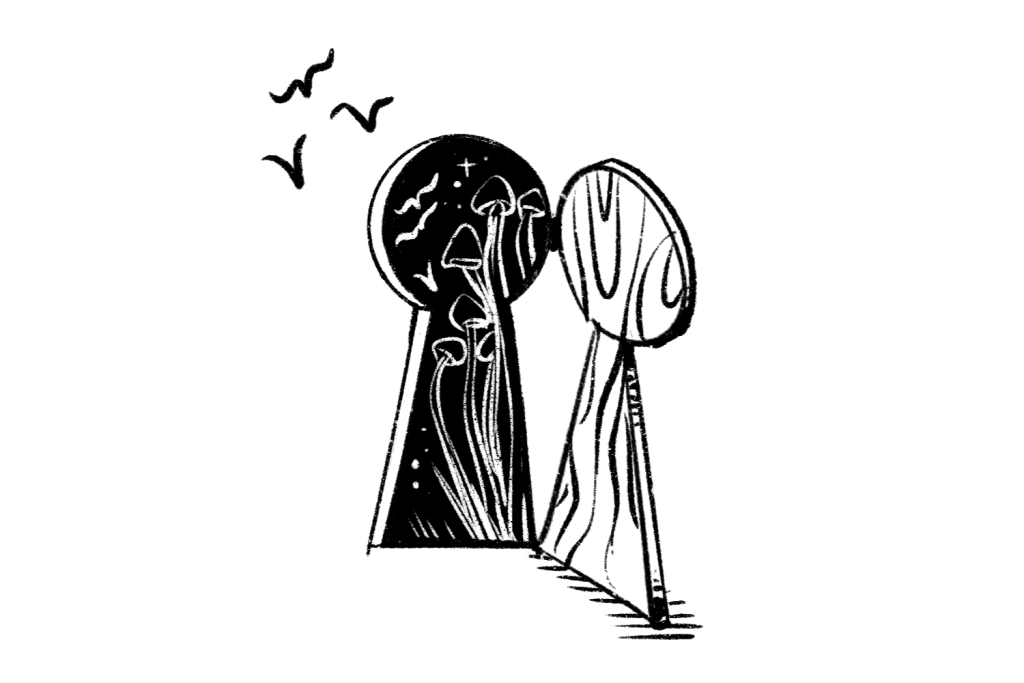
What Are the Medicinal Uses of Shrooms?
There is an increasing amount of evidence supporting the therapeutic use of psychedelics. This led many European and North American countries to reconsider legalizing medicinal use.
Psilocybin mushrooms may help against:
- Depression — Psilocybin may help reduce the symptoms of depression, including treatment-resistant depression.
- Post-Traumatic Stress Disorder (PTSD) — Magic mushrooms may help people with PTSD control their anxiety, insomnia, sudden flashbacks, and hypervigilance.
- Existential Anxiety — Psilocybin may help come to terms with looming death or other existential anxiety.
- Cluster Headaches — Several studies claim psilocybin might help reduce the frequency of cluster headaches.
- Addiction — Either through suppressing the brain’s default mode network (DMN), through open introspection, or through other mechanisms, psilocybin may help people find an end to their dependence.
Psilocybin may even help increase creativity and problem-solving skills.
Is LSD Legal in Uruguay?
No, LSD is illegal in Uruguay.
Uruguayan law has the same penalties for LSD (lysergic acid diethylamide) as other, much harsher substances. If authorities catch you with small quantities of LSD, you might face 12–20 months in prison.
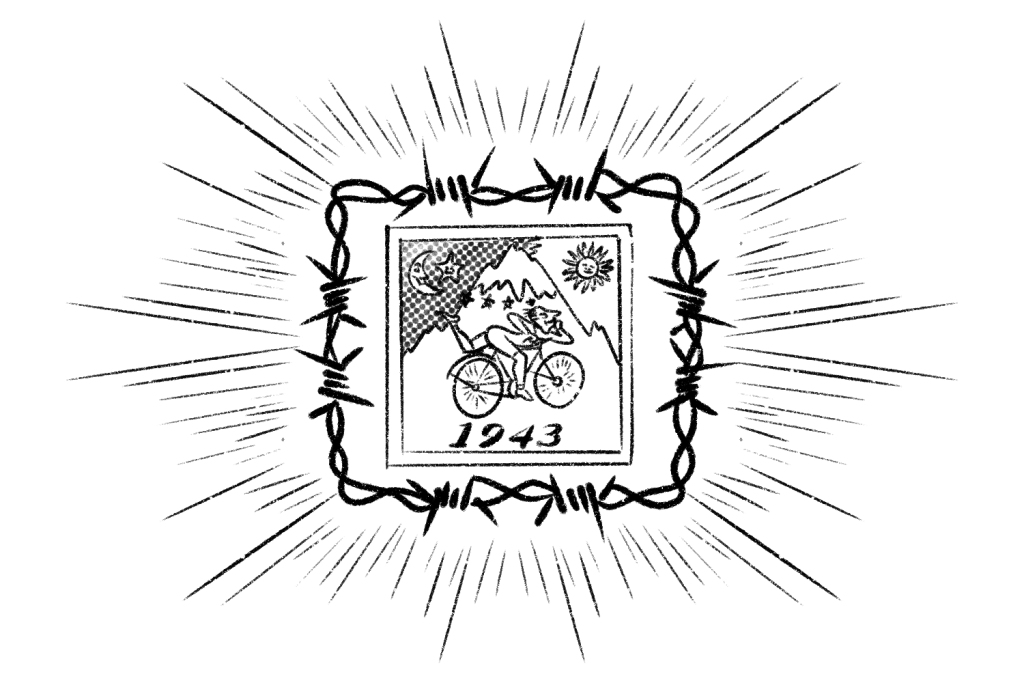
If your quantity suggests an intent to sell, the sentence ranges from 4–18 years. The law doesn’t currently specifically mention LSD-analogs such as LSZ or 1P-LSD.
Is DMT Legal in Uruguay?
No, DMT is illegal in Uruguay. DMT (dimethyltryptamine) is an increasingly popular psychedelic, famous for being the main ingredient in mixtures such as ayahuasca and changa.
The law doesn’t specify any differences between the various types of DMT. This psychoactive compound is illegal in most parts of the world, and the penalties for possessing large quantities in Uruguay can be very harsh.
The minimum sentence is 12–20 months in prison, and the maximum is 4–18 years.
Is MDMA Legal in Uruguay?
No, MDMA is also illegal in Uruguay. Like psilocybin, MDMA (3,4-Methylenedioxymethamphetamine) is increasingly accepted by Western cultures, but it is still not legal here.
Like the others, small amounts can lead to sentences of 12–20 months in prison, and for large ones, 4–18 years.
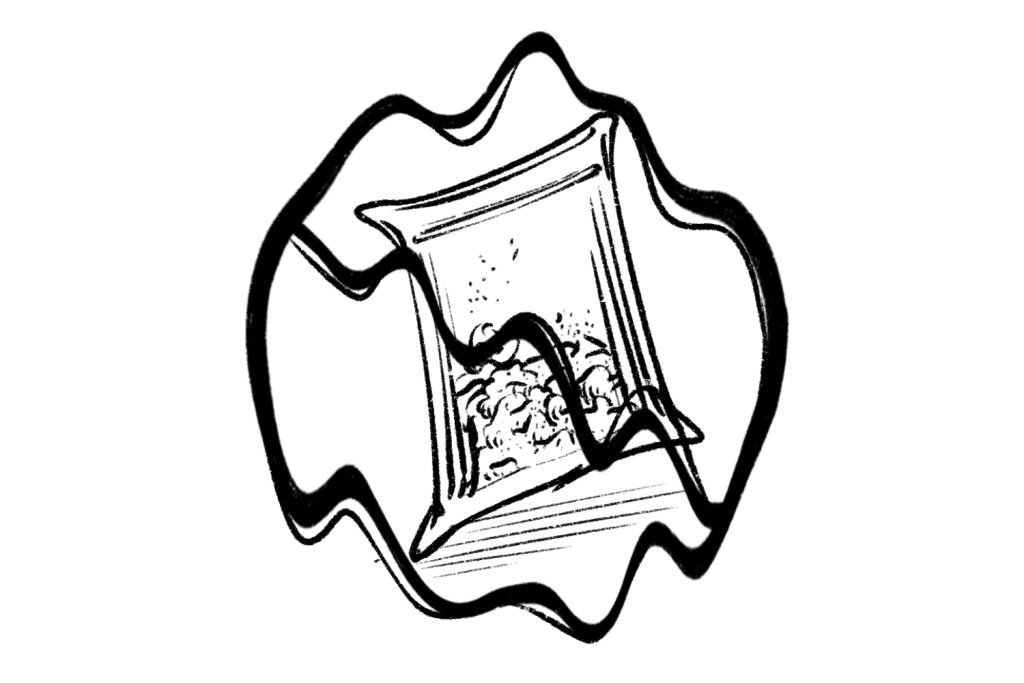
Is Ketamine Legal in Uruguay?
No, ketamine is also illegal in Uruguay. Ketamine is another psychedelic with potential medicinal benefits for, among others, depression and PTSD.
The law doesn’t specifically mention any other of its related compounds, known as arylcyclohexylamines, so these are in an uncertain gray area.
Ketamine is legal for veterinary use in Uruguay, but only with the MSP’s regulatory prescription issued by the Controlled Substances Division. If you are not a veterinarian allowed to possess this substance, you can spend 12 to 20 months in prison.
Is Marijuana Legal in Uruguay?
Yes, marijuana is legal in Uruguay. Uruguay was the first country to legalize marijuana for medical use, making it one of the most forward-thinking regions in this regard.
According to law 19.172, growing or buying up to 40 grams from pharmacies is legal. The legislation also allows derivatives like delta 8, delta-9, delta-10, and CBD.
Unauthorized sale is not a part of this and can lead to a prison sentence of 20 months to 10 years.
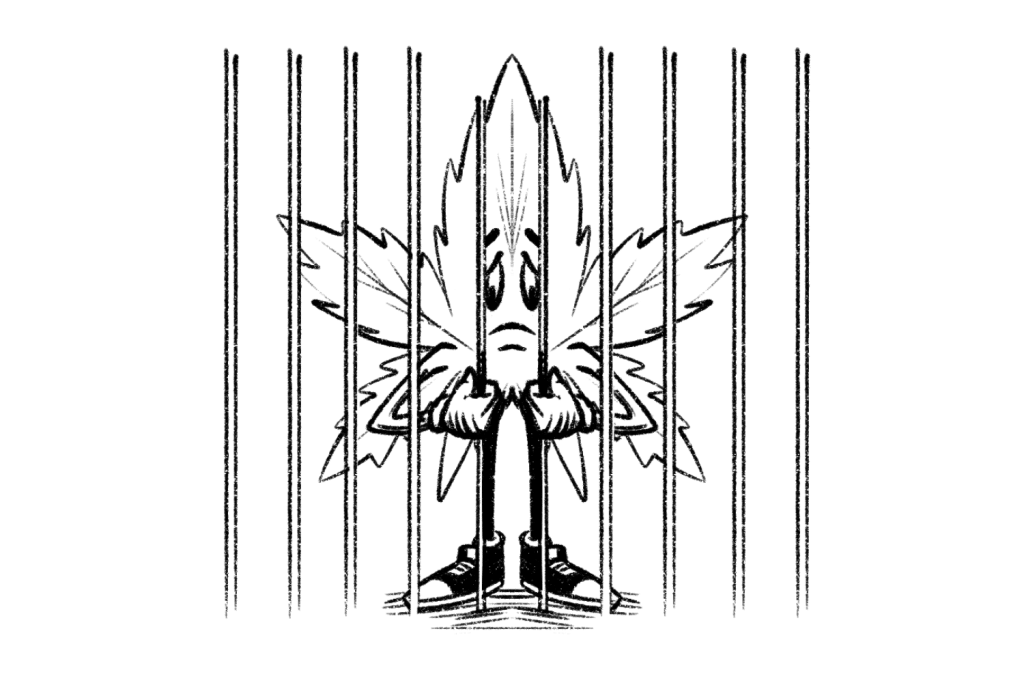
What’s the Difference Between Legalization & Decriminalization?
Legalization and decriminalization have key differences you’d do well to understand. Decriminalization means a significant reduction in penalties for a criminal offense. But, this does not make an illegal substance legal.
Legalization removes all penalties, authorizing the distribution and sale of a substance. This act is likely the most effective for curbing drug trafficking and contaminated products but often overlooked or ignored due to the ingrained stigmatization of drugs.
Key Takeaways: What’s the Future of Psychedelics in Uruguay?
Although Uruguay is one of the most open countries regarding drugs, it does not seem to be on the country’s agenda to legalize psychedelics for medicinal purposes. However, as research increases, the greater the likelihood of legalization or decriminalization happening.
Canada legalized MDMA and magic mushroom therapy, and they are seeing positive results stemming from this. Given time, we may see more countries accept psychedelics as a possible treatment alternative.

